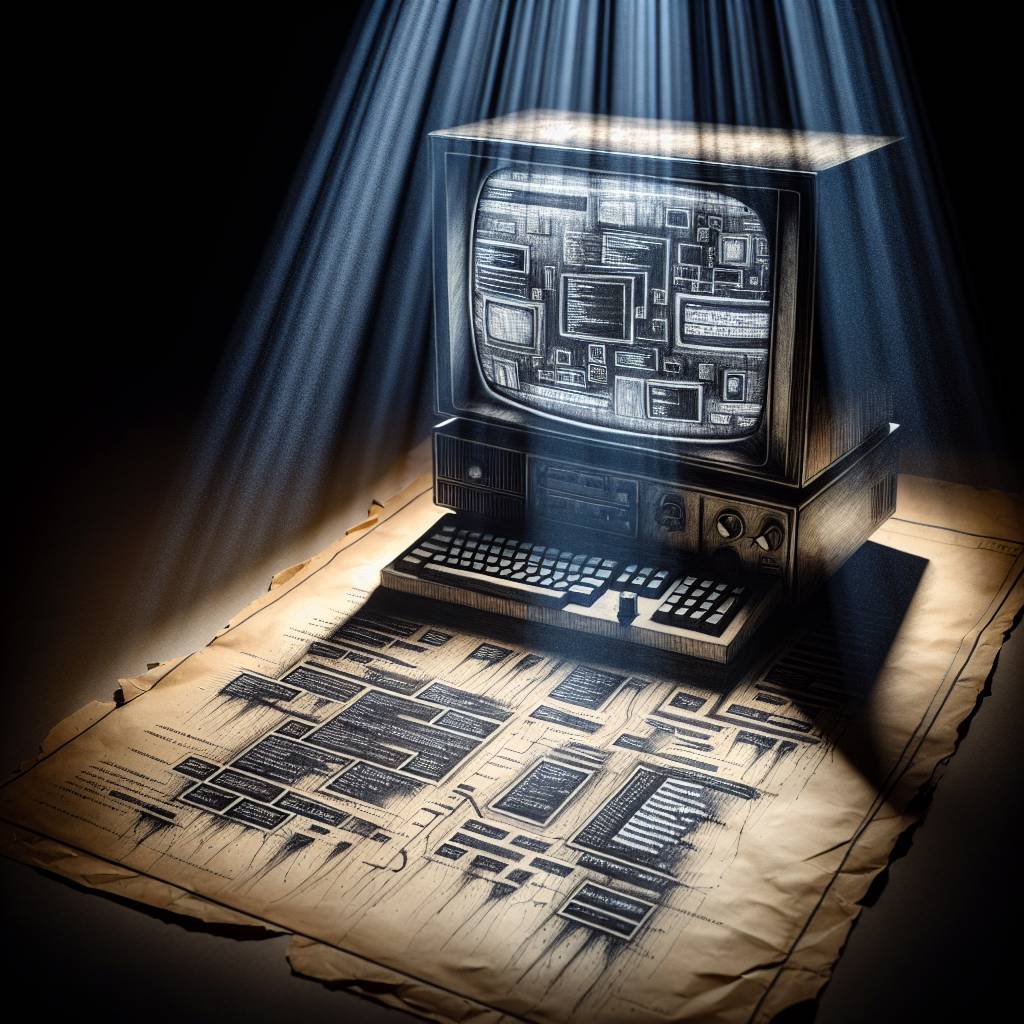7-Zip Users Beware: MotW Bypass Bug Leaves Systems Vulnerable to Malware!
A 7-Zip vulnerability lets attackers bypass Windows’ Mark of the Web security feature, enabling them to execute malicious code when extracting files. Users should update to the latest version to avoid potential malware attacks. Remember, ignoring updates is like leaving your front door open with a “Please Don’t Enter” sign.

Hot Take:
Who knew that a tiny little file archiver could become the latest villain in the cybersecurity saga? It’s like finding out your quiet neighbor is secretly a supervillain, plotting to take over the world—or at least your hard drive. 7-Zip’s vulnerability might just be the plot twist no one saw coming, where our trusty file-squeezing sidekick inadvertently turns into a double agent for cyber baddies. Someone call the Avengers—or at least update your software!
Key Points:
- 7-Zip’s vulnerability, CVE-2025-0411, allows bypassing the Windows Mark of the Web (MotW) feature.
- The flaw can let attackers execute malicious code on users’ PCs when extracting nested archives.
- Igor Pavlov, the developer, patched the vulnerability on November 30, 2024, in version 24.09.
- Users are at risk if they haven’t manually updated, as 7-Zip lacks an auto-update feature.
- Similar vulnerabilities have been exploited by groups like DarkGate and Water Hydra.
